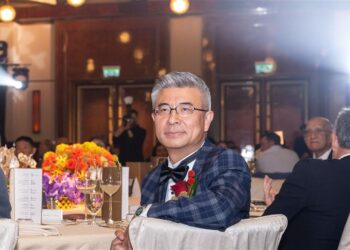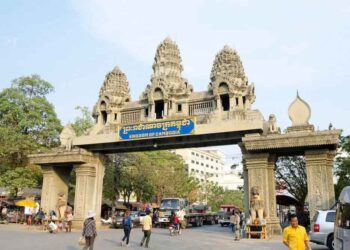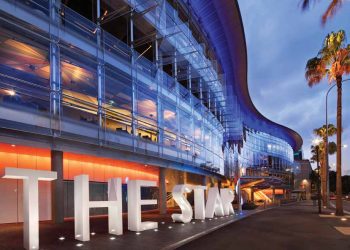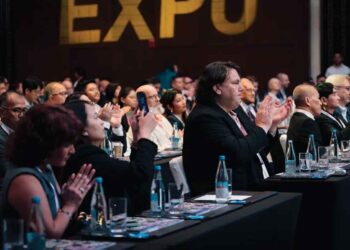In a move that draws the ongoing issue of Philippine gaming taxation further toward a close, the country’s Court of Tax Appeals has ruled that Thunderbird Pilipinas Hotels and Resorts Inc must pay tax deficiencies of Php17.92 million (US$400,000) dating back to 2006.
According to reports, Thunderbird first argued that the 30% income tax exemption given to Pagcor covered corporations that acted as its licensees. When this was rejected by the court, the company argued that even if it were liable for taxes, these should only apply after the 2011 decision by the country’s Supreme Court overturning Pagcor’s tax exemption, as it had signed up to a Pagcor charter which had now been reinterpreted. This was a question for which market watchers had also wanted a resolution, and it was also rejected by the court; the judgment was based on the Expanded Value Added Tax Law passed in 2005, which the CTA argued abolished Pagcor’s tax-exempt status and had already been ruled on by the Supreme Court.
The decision is sure to give pause for thought to those still developing IRs in the country. Melco Crown earlier this year announced that it was upping its investment in the country to $US680 million (for a total project investment of US$1.2 billion) and adding a Nobu hotel to its City of Dreams project, slated to open in the second half of 2014. Resorts World Bayshore is under development by Travellers, a joint venture between Genting Hong Kong and Andrew Tan’s Alliance Global Group, while Universal’s Manila Bay Resorts has already had questions raised over its finances with its on-again-off-again IPO.
For its part, Pagcor announced its willingness to help shoulder additional taxes in 2013, but the extent to which it is willing and able to do this remains unclear. Philippine casinos currently pay a 15% levy on VIP gaming revenue, 25% on mass-market and a 5% “franchise fee”.




































